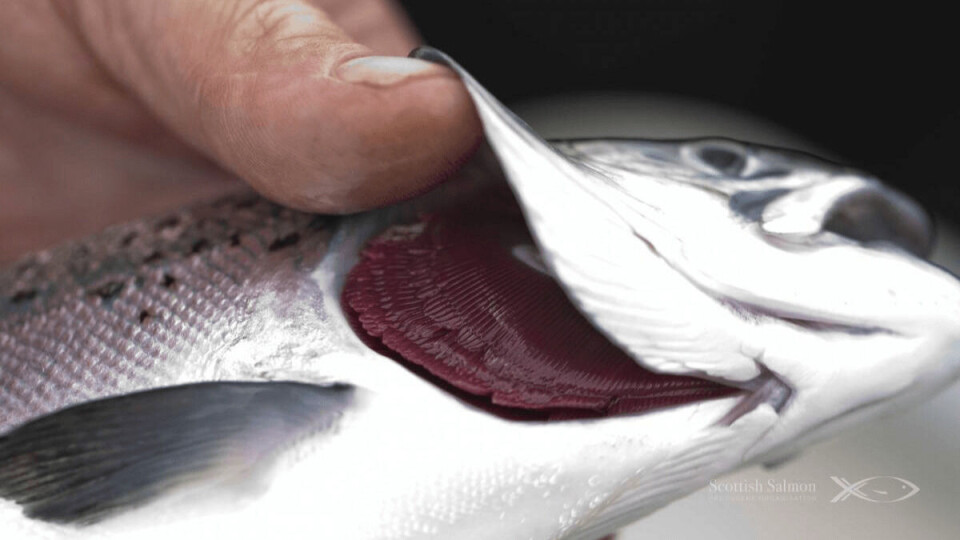
Covid measures ‘didn’t affect farmed salmon welfare’
A newly published study has found no evidence of the Covid pandemic impacting salmon welfare in Scotland. The study, which has been published in the journal Veterinary and Animal Science, examined whether sea lice numbers and mortality rates in salmon farms had changed over the three-year period from 2018-2020.
The paper found that monthly sea lice counts and mortality in 2020 were comparable with monthly values in 2018-19 indicating that welfare standards were maintained in 2020, despite Covid-19. The report did not look at the economic or social impacts of the pandemic on aquaculture.
The paper was written by Alexander Murray, Stephen Ives, Ron Smith and Meadhbh Moriarty from Marine Scotland Science.
Further analysis
Dr Murray said: “It has been widely predicted that the impact of Covid-19 on human health and activity would result in indirect impacts on animal health and welfare, however this study shows no gross evidence of this being the case with salmon welfare in Scotland.
“This is an area we want to explore in more detail, and we will be doing further analysis as we receive more data.”
Along with other food production sectors, salmon farming has been classed an essential industry during the Covid lockdown periods, allowing farming to continue provided appropriate precautions are taken.
Industry regulators have allowed flexibility in some areas to compensate for farmers having fewer staff on site and for the need to keep fish in the water longer due to Covid’s impact on both export and domestic markets.
Read the open-access study here.























































